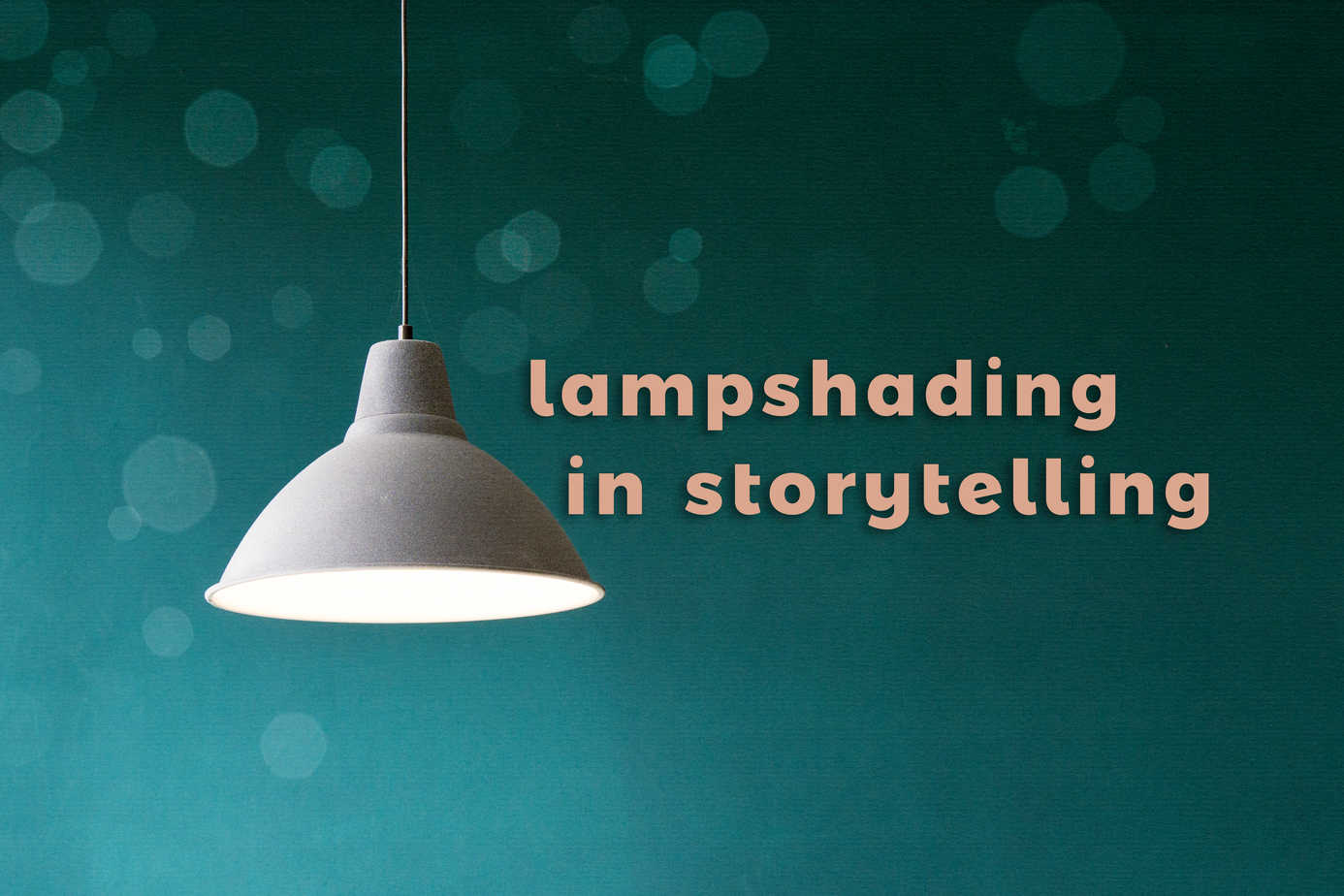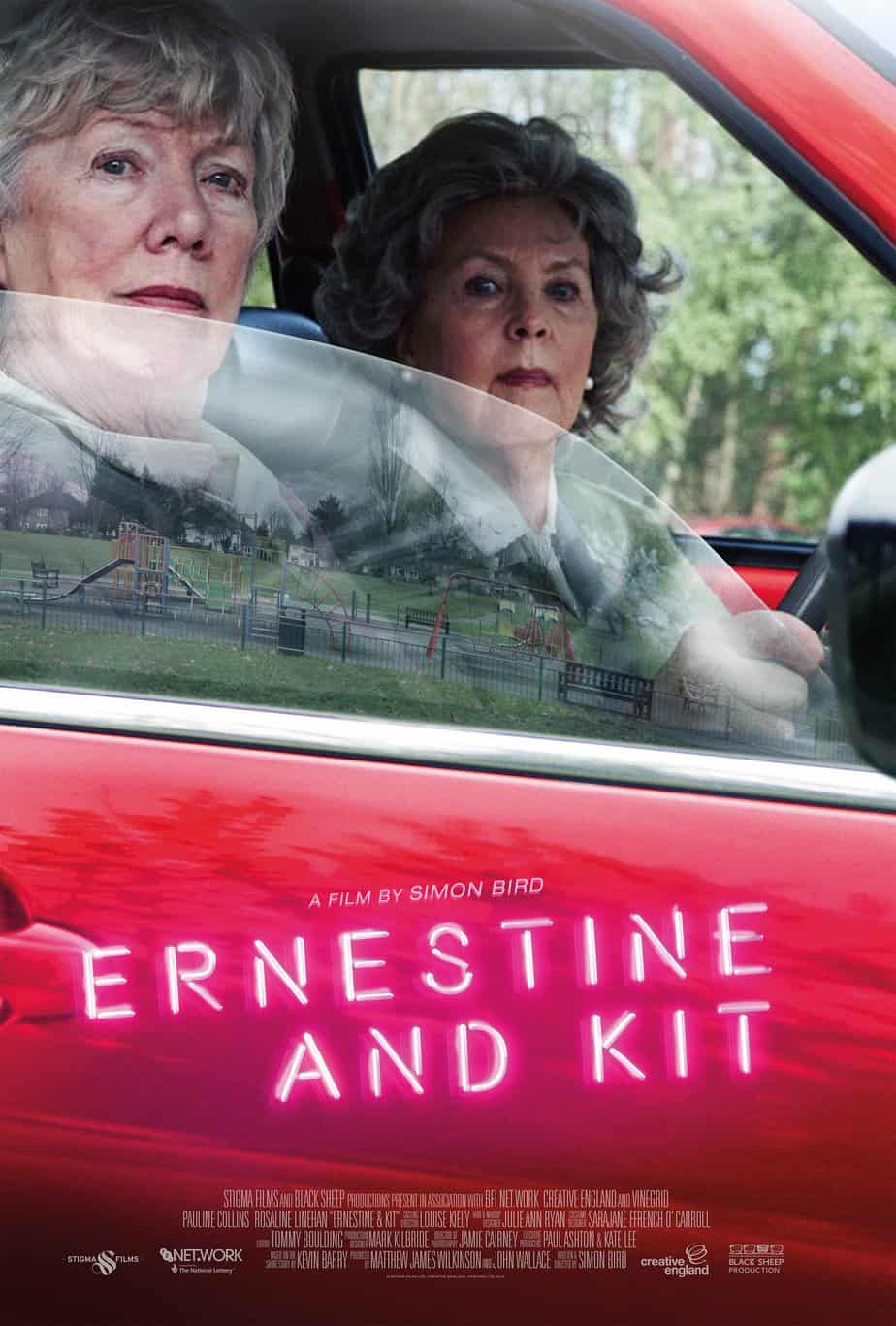-
Kitchens As Metonyms For Familial Happiness In Literature
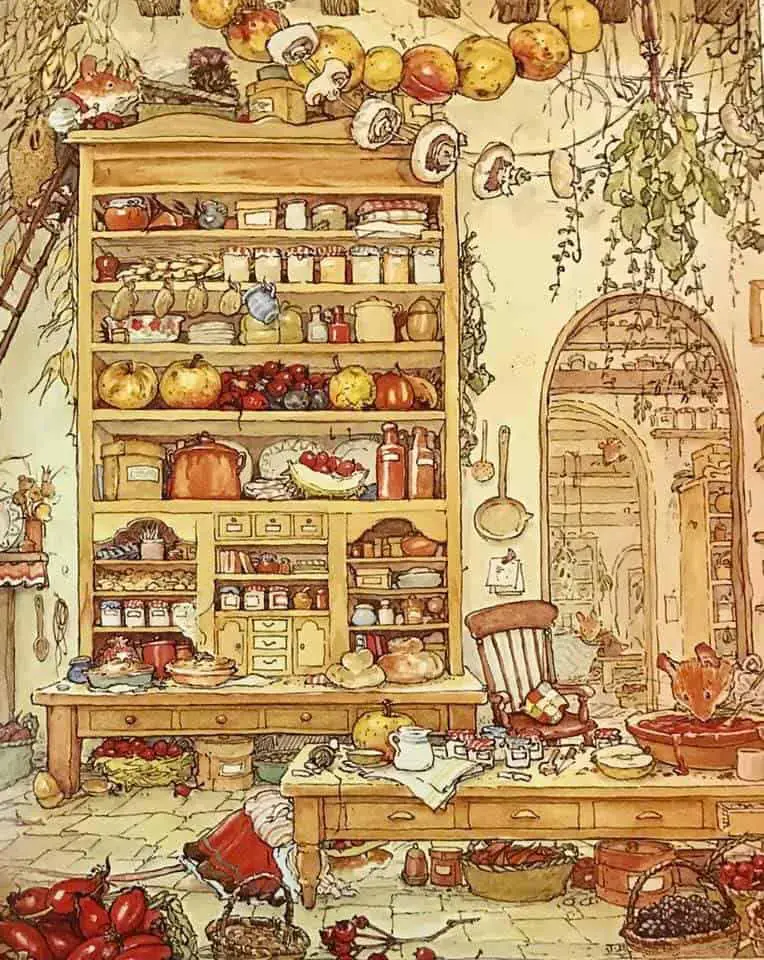
A warm, safe, lighted place.Hepzobah’s kitchen was always like that, and not only that evening. Coming I to it was like coming home on a bitter cold day to a bright, leaping fire. It was like the smell of bacon when you were hungry, loving arms when you were lonely; safety when you were scared….…
-
How To Structure Any (Western-style) Story
Combining my study of film, novels, children’s literature and lyrical short stories, I’ve come up with a nine part story structure. Other cultures historically carve up stories differently. For instance, East Asian audiences expect different things from story, and also differ in the amount of work they expect to put in. Not all stories are…
-
Winnie The Pooh Novel Study
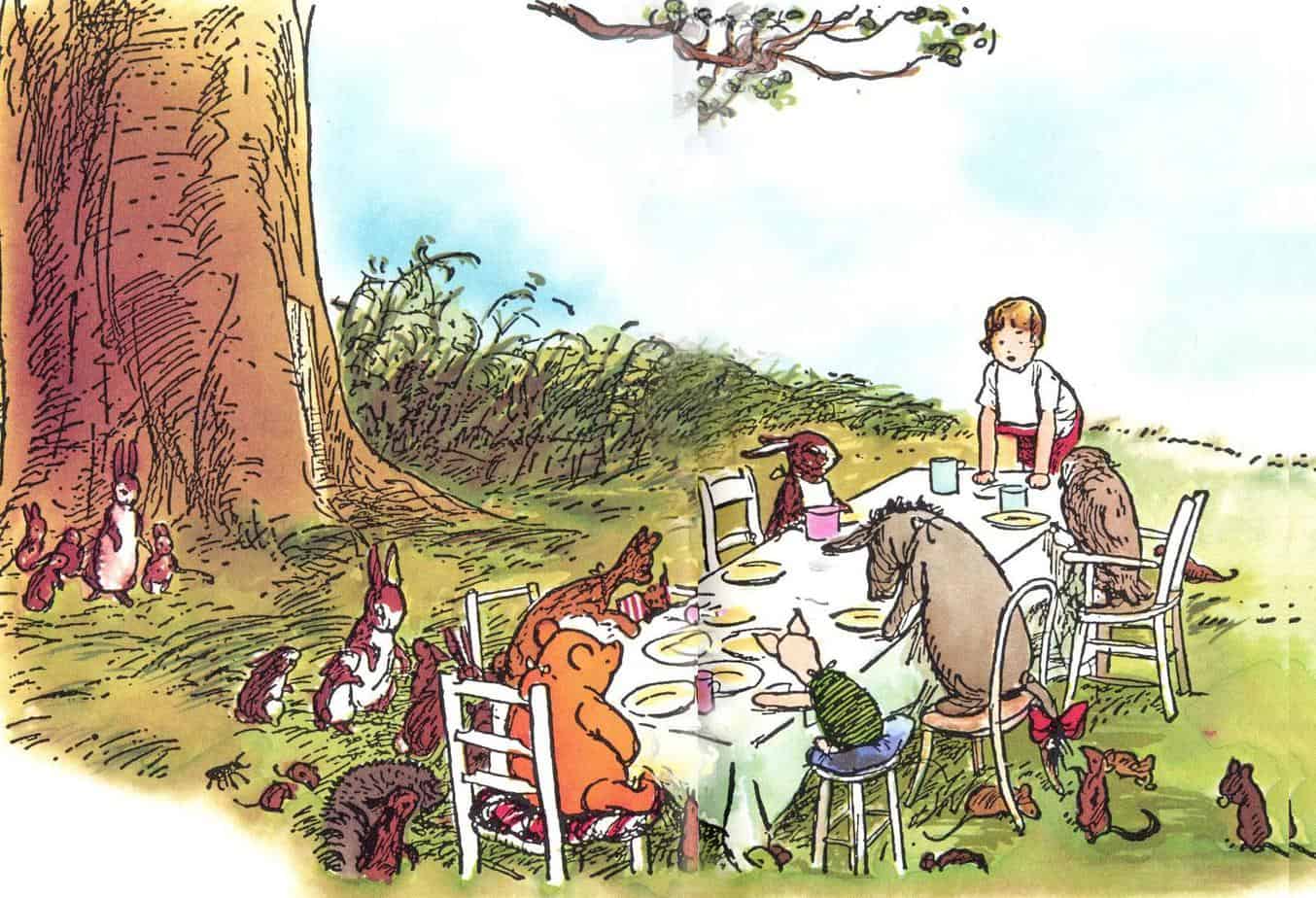
Winnie the Pooh is basically a modern version of an archetypal legend: The story of a peaceful animal kingdom ruled by a single benevolent human being. Like Adam, Christopher Robin gives names to his objects. The Pooh stories came at the very end of the First Golden Age Of Children’s Literature, as described by Peter…
-
Miracle Polish by Steven Millhauser Short Story Analysis
“Miracle Polish” is a (possibly) fabulist short story by American author Steven Millhauser, published in the print edition of the November 14, 2011 issue of The New Yorker. More recently, Stuart Dybek joined Deborah Treisman on The New Yorker podcast to read and discuss this story. This short story is a great example of: We…
-
Creating The Setting For A Comedy Series
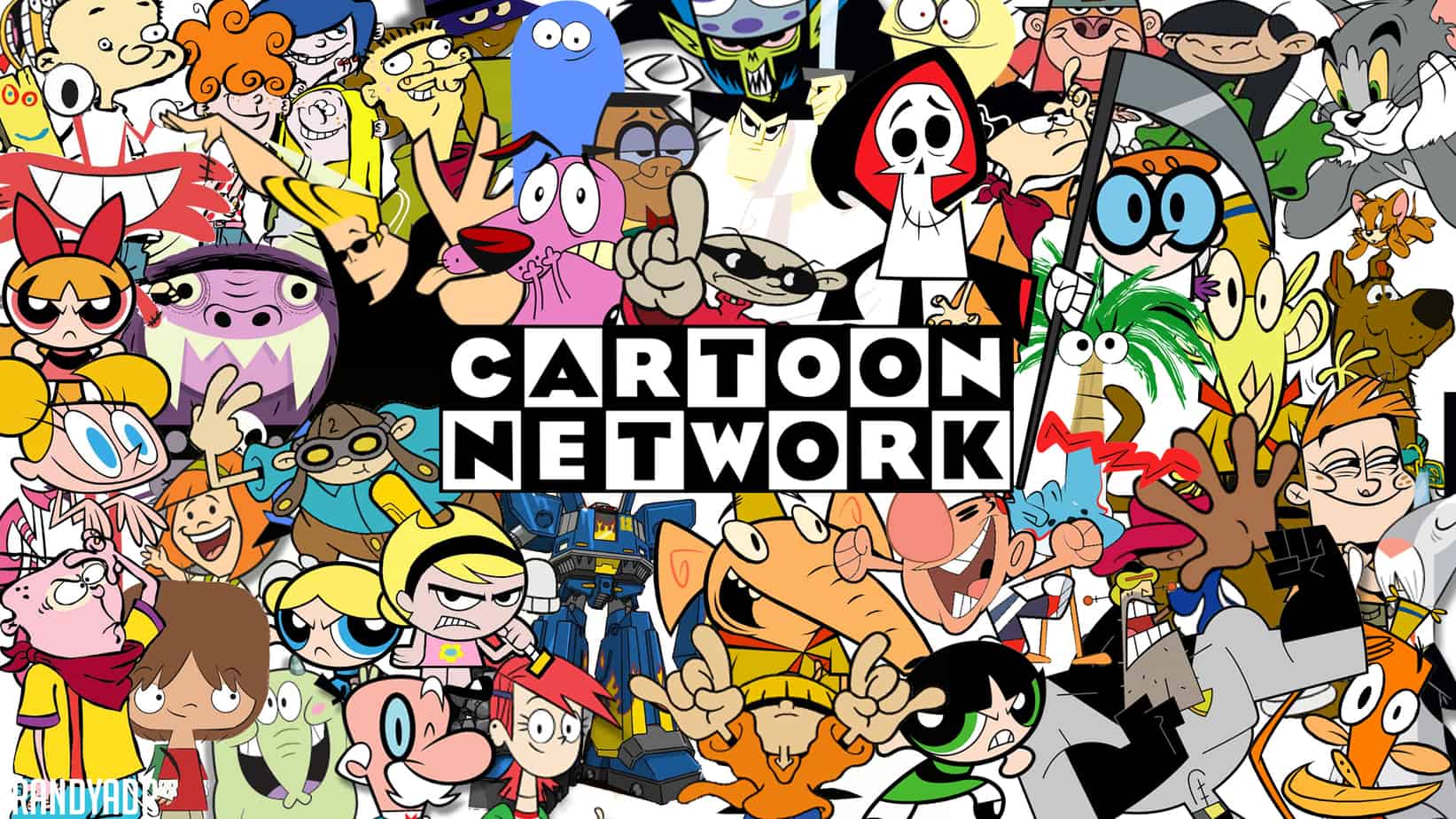
Before writing a comedy series, especially one with a wacky world, the writer must be clear about the rules of that setting. These rules subsequently seem intuitive to the audience. It’s easy to forget the amount of work writers have to do to create them in the first place. Even if these rules are not written…
-
Unreliable Narration In Storytelling
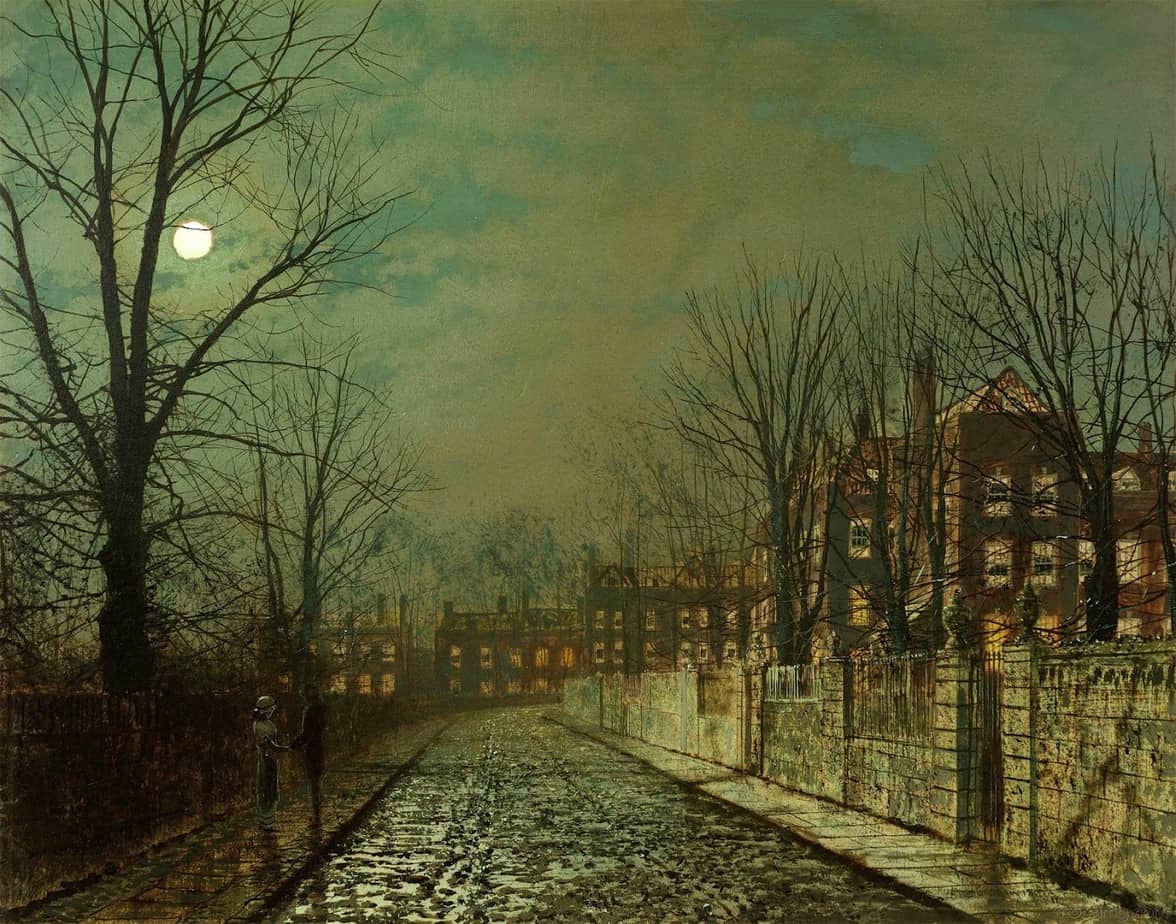
This post more than any other contains spoilers. Sometimes it’s a spoiler just to know that you’re dealing with an unreliable narrator. Unreliable narration is a storytelling technique which requires some work on the part of the reader, trying to work out how much of the story is true and how much is subjective, or…
-
The Carnivalesque in Children’s Literature
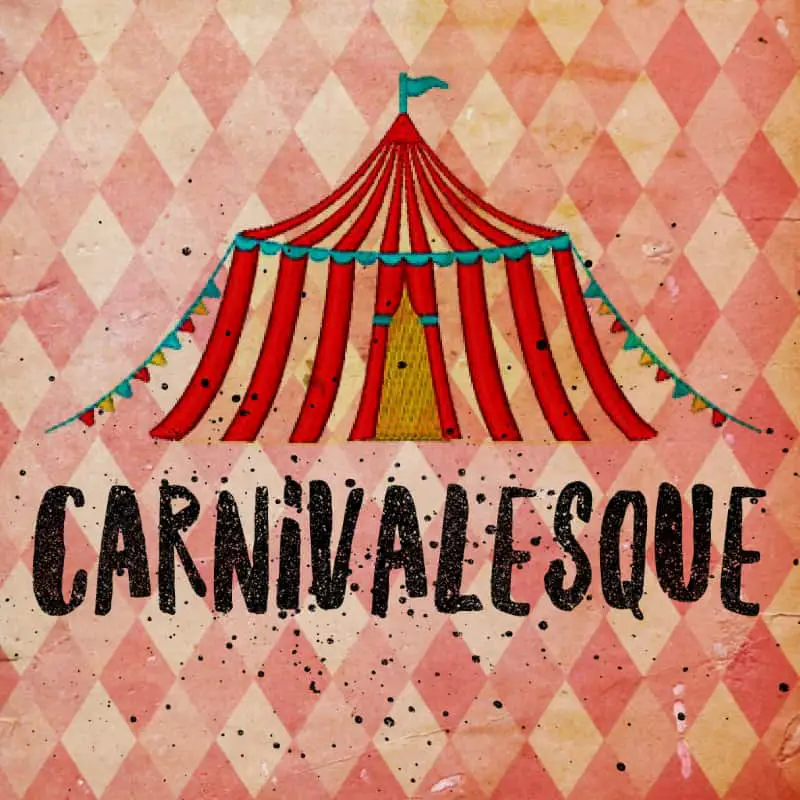
Carnival: In the Bakhtanian sense, “a place that is not a place and a time that is not a time”, in which one can “don the liberating masks of liminal masquerade”. Victor Turner, Dramas, Fields and Metaphors: Symbolic Action in Human Society, 1974 Children’s literature academic Maria Nikolajeva categorises children’s fiction into three general forms:…
-
Glossary of Picturebook Terminology For Review and Analysis
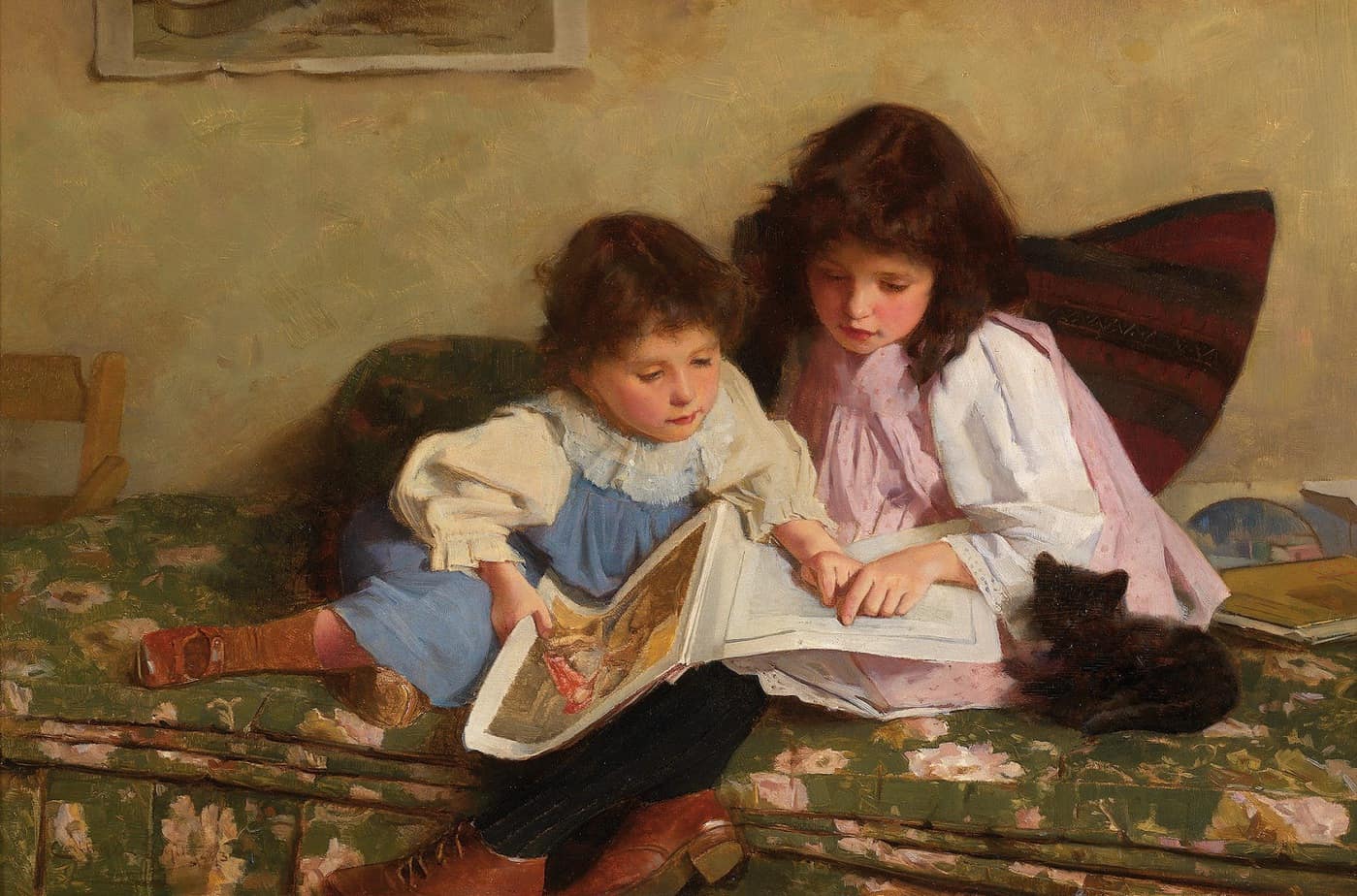
Is it picture book or picturebook? When commentators put the two words together, they do so mindfully: The terminology we apply to books, texts and reading do not seem to attach to the picturebook so readily. For example, if we speak of ‘the text’ of a picturebook, do we mean the words or the words-and-pictures…
